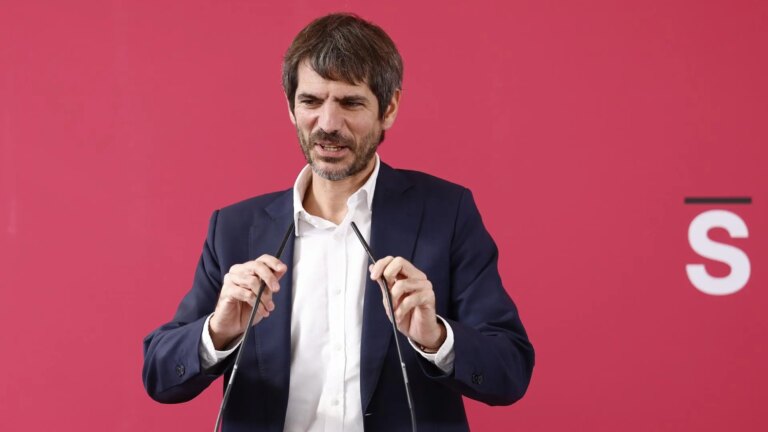
Experts point out that the new model will require a review of the tax system and more technical preparations to ensure fiscal security.
summary
Brazil’s 2026 tax reform will introduce changes to the taxation of small and medium-sized enterprises, including two new taxes (CBS and IBS), and will require a review of the tax system, technological adaptations and strategies to ensure legal security and competitiveness.
From January 2026, Brazil will begin to effectively implement tax reform. This creates two new taxes: the Goods and Services Contribution (CBS), which is under federal jurisdiction, and the Goods and Services Tax (IBS), which is under state and local jurisdiction. These will gradually replace PIS, Coffins, ICMS, ISS, and IPI. According to the Brazilian Institute of Planning and Taxation (IBPT), 95% of Brazilian companies still make mistakes when calculating taxes, and this is likely to worsen during the transition period.
Maynara Fogaça, tax strategist and CEO of Visão Tributária, believes the impact will be particularly large for small and medium-sized enterprises. “Businessmen who don’t review their framework and understand how CBS and IBS apply to their business may end up paying more than they should. The difference between paying tax and paying it right will become even clearer,” he says.
Adapting systems and risks during the transition period
This reform has a different impact on the existing tax system. Simples Nacional maintains this system, but there are restrictions on the use of IBS and CBS credits. “Companies that choose Simples will continue to collect in a uniform way, but in principle they will not be able to deduct these taxes for their customers. This may affect the competitiveness of a particular production chain,” explains the expert.
Estimated profits apply new calculation rules to interstate operations and financial income, requiring companies to review their calculation basis and adjust their internal controls. In real profits, the requirements become technical. It is necessary to reconstruct the management system and parameterize credit management in accordance with the non-cumulative rules laid down in Complementary Law No. 214/2025.
The reform envisages a transition period until 2033, during which the old and new taxes will coexist. During this period, taxpayers are required to make adjustments and file certain returns to assess the revenue impact and adjustments. “It is a period of adaptation and comes with great technical responsibility. Those who do not have organized data run the risk of creating a disconnect and losing their due trust,” Maynara warns.
The impact also varies by field. Labor-intensive services that currently collect cumulative ISS and PIS/Cofin may face changes to their tax burden, while input-heavy industries and sectors are likely to benefit from an expansion of non-cumulative taxes. “The ultimate impact will depend on each company’s costs and credit profile, so an individualized analysis will be essential,” adds the tax expert.
Strategies for adaptation and legal security
For business owners and accountants to adapt, Maynara recommends four priority actions. Reviewing the last five years of taxes paid, validating the classification according to actual income, implementing tax automation tools, and maintaining a trained team with continuous updates. “Tax auditing needs to move away from being an emergency field and become a strategic routine. It’s not just about fulfilling obligations, it’s about protecting profitability and ensuring legal security,” he emphasizes.
The Ministry of Finance has established the National Committee for the Simplification of Additional Obligations (CNSOA), which is responsible for the unification of declarations and the digitalization of tax procedures. Standardization is expected to reduce time spent on bureaucratic processes, but official estimates do not yet indicate that percentage.
“Reform is not the end of complexity, but the beginning of a new phase. Companies that quickly understand how CBS and IBS work will turn their tax system into a competitive differentiator,” concludes Maynara Fogasa.
Homework drives change in the world of work, business, and society. This is the creation of Compasso, a content and connectivity agency.



